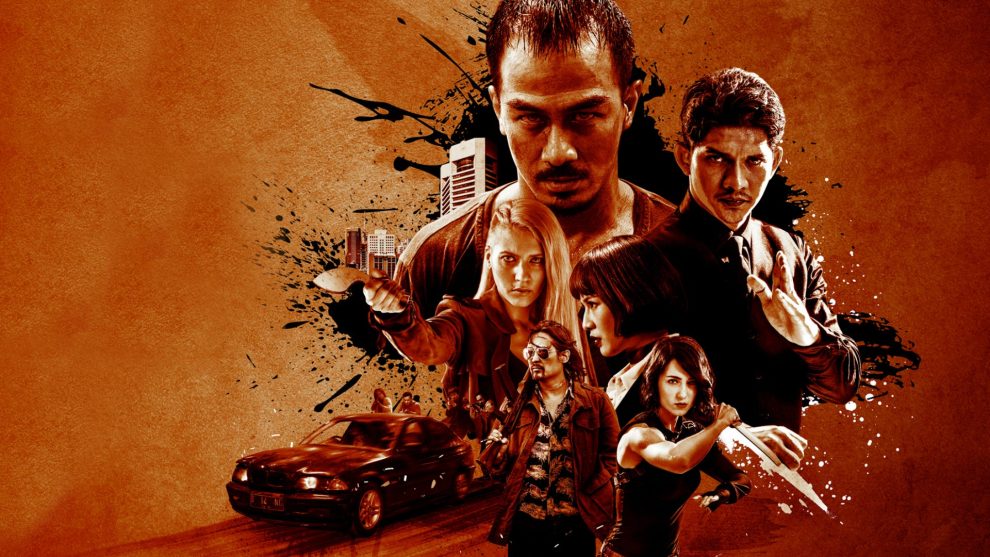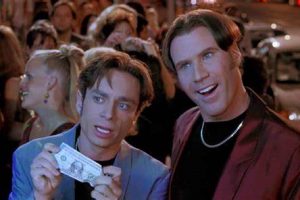Music has always played a crucial role in movies, elevating the visuals and enhancing the emotional impact of a scene. From the earliest days of cinema, music has been used to create a sense of atmosphere and mood, to establish characters and their motivations, and to heighten tension and excitement. In this essay, we will explore some of the most iconic movie music moments in history, examining how they contribute to the overall effect of the film and why they have become embedded in popular culture.
The Birth of Movie Music
The first films were silent, relying on live music to provide atmosphere and mood. With the advent of sound in film, composers began to create original scores to complement the action on screen. One of the earliest and most influential film composers was Max Steiner, who scored films such as King Kong (1933) and Gone with the Wind (1939). Steiner’s work set the standard for film music, establishing the use of recurring themes and motifs to represent characters and plot points.
The Golden Age of Movie Music
The 1930s to the 1960s are often referred to as the Golden Age of movie music. During this time, composers such as Steiner, Erich Wolfgang Korngold, and Bernard Herrmann created iconic scores that have stood the test of time. These composers drew on a range of musical styles, from classical to jazz, to create music that complemented the mood and atmosphere of the film.
One of the most iconic movie themes of all time is the score from the film Casablanca (1942), composed by Max Steiner. The theme, known as “As Time Goes By,” has become synonymous with the film and its tragic love story. The song has been covered by countless artists and remains a popular standard to this day.
Another classic film score from this era is the music from the 1941 film Citizen Kane, composed by Bernard Herrmann. The score features a range of musical styles, from classical to jazz, and is notable for its use of recurring themes and motifs to represent different characters and plot points.
The Advent of Electronic Music
The 1960s saw the advent of electronic music in film scores. Composers such as John Williams and Jerry Goldsmith began to use electronic instruments and techniques to create new and innovative sounds. One of the most iconic electronic film scores is the music from the 1968 film 2001: A Space Odyssey, composed by Gy?rgy Ligeti. The score features a range of electronic and avant-garde sounds, creating a sense of otherworldliness and mystery that complements the film’s themes of space exploration and artificial intelligence.
The Rise of the Blockbuster Soundtrack
The 1970s and 1980s saw the rise of the blockbuster soundtrack, with films such as Star Wars (1977) and Indiana Jones (1981) featuring iconic scores that have become synonymous with the franchises. Composer John Williams’ work on these films cemented his place as one of the most successful film composers of all time.
The music from Star Wars, in particular, has become a cultural phenomenon, with the famous “Main Theme” and “Imperial March” being recognized around the world. The score features a range of memorable themes and motifs, each associated with a different character or plot point.
The Music of the Movies
In addition to the score, individual songs have also played a significant role in movies. Some of the most iconic movie songs have become synonymous with the film and have had a lasting impact on popular culture.
One of the most famous movie songs of all time is “Somewhere Over the Rainbow” from the 1939 film The Wizard of Oz. The song, written by Harold Arlen and E.Y. Harburg, has become a standard of the American songbook and has been covered by countless artists.
Another iconic movie song is “Moon River” from the 1961 film Breakfast at Tiffany’s. The song, written by Henry Mancini and Johnny Mercer, has become a classic of the Great American Songbook and has been covered by artists such as Audrey Hepburn, Frank Sinatra, and Andy Williams.
The Power of Movie Music
So why do movie soundtracks have such a powerful impact on us? One reason is that music has the ability to evoke emotions and transport us to another time and place. When we hear a familiar movie theme or song, it can instantly transport us back to the film and the emotions we experienced while watching it.
In addition, movie music has the ability to create a sense of continuity and coherence in a film. By using recurring themes and motifs, composers can create a sense of familiarity and help the audience understand the plot and characters.
Finally, movie music has the power to transcend the film itself, becoming a cultural phenomenon that can endure long after the film has left theaters. Iconic movie soundtracks can become a part of our shared cultural heritage, being passed down from generation to generation and remaining a part of our collective consciousness.
Movie music has the power to transport us to another time and place, evoke emotions, and create a sense of continuity and coherence in a film. From the early days of cinema to the modern-day blockbuster, iconic movie soundtracks have become a part of our shared cultural heritage. Whether it’s the sweeping orchestral scores of the Golden Age or the electronic soundscapes of modern sci-fi, movie music has the ability to transcend the film itself and become a cultural phenomenon that endures for generations.
So the next time you watch a movie, take a moment to appreciate the music and how it enhances the overall experience. You may find yourself humming the theme long after the credits have rolled, transported back to the world of the film and the emotions it evoked. That is the power of movie music, and it is a score that will stay with us for a lifetime.
















Add Comment